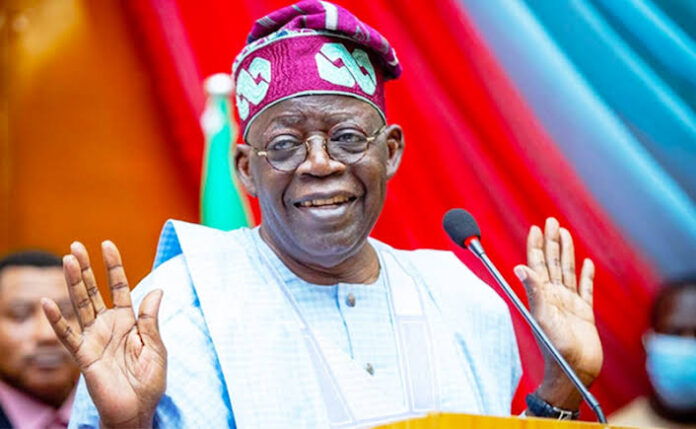The Socio-Economic Rights and Accountability Project (SERAP) has called on President Bola Tinubu to reverse the recent increase in the pump price of premium motor spirit (PMS), also known as petrol, describing the hike as illegal and unconstitutional.
The rights group also urged Tinubu to direct the Nigerian National Petroleum Company Limited (NNPCL) to revert the price hike and probe allegations of corruption and mismanagement within the company.
In an open letter dated September 7, 2024, SERAP demanded that the Attorney General of the Federation, Mr. Lateef Fagbemi, SAN, and anti-corruption agencies investigate the alleged mismanagement of $300 million bailout funds and a $6 billion debt owed by the NNPC to suppliers. SERAP emphasized that the NNPC’s reported failure to remit oil revenues to the treasury, as documented in the 2020 Auditor-General’s report, contributed to the hike in petrol prices.
According to SERAP, the increase in petrol prices—from about N600 per litre to as high as N900 in some areas—places a disproportionate burden on vulnerable Nigerians, worsening poverty and inequality. The group argued that the hike is a breach of constitutional guarantees and international human rights obligations, stressing that it punishes the poor while shielding perpetrators of corruption.
The letter also highlighted constitutional provisions mandating the government to promote social justice and equitable distribution of resources. SERAP argued that the arbitrary price increase undermines the right to life and dignified living conditions, calling it a “serious human rights problem.”
SERAP has given the government 48 days to act on its recommendations, threatening legal action if no steps are taken. The group maintains that holding the NNPC accountable for corruption and ensuring justice for victims would serve the public interest and fulfill the country’s legal obligations.
The NNPCL recently increased the price of petrol amid reported supplier refusals to import petroleum products due to the company’s $6 billion debt, leading to scarcity and economic hardship for Nigerians








